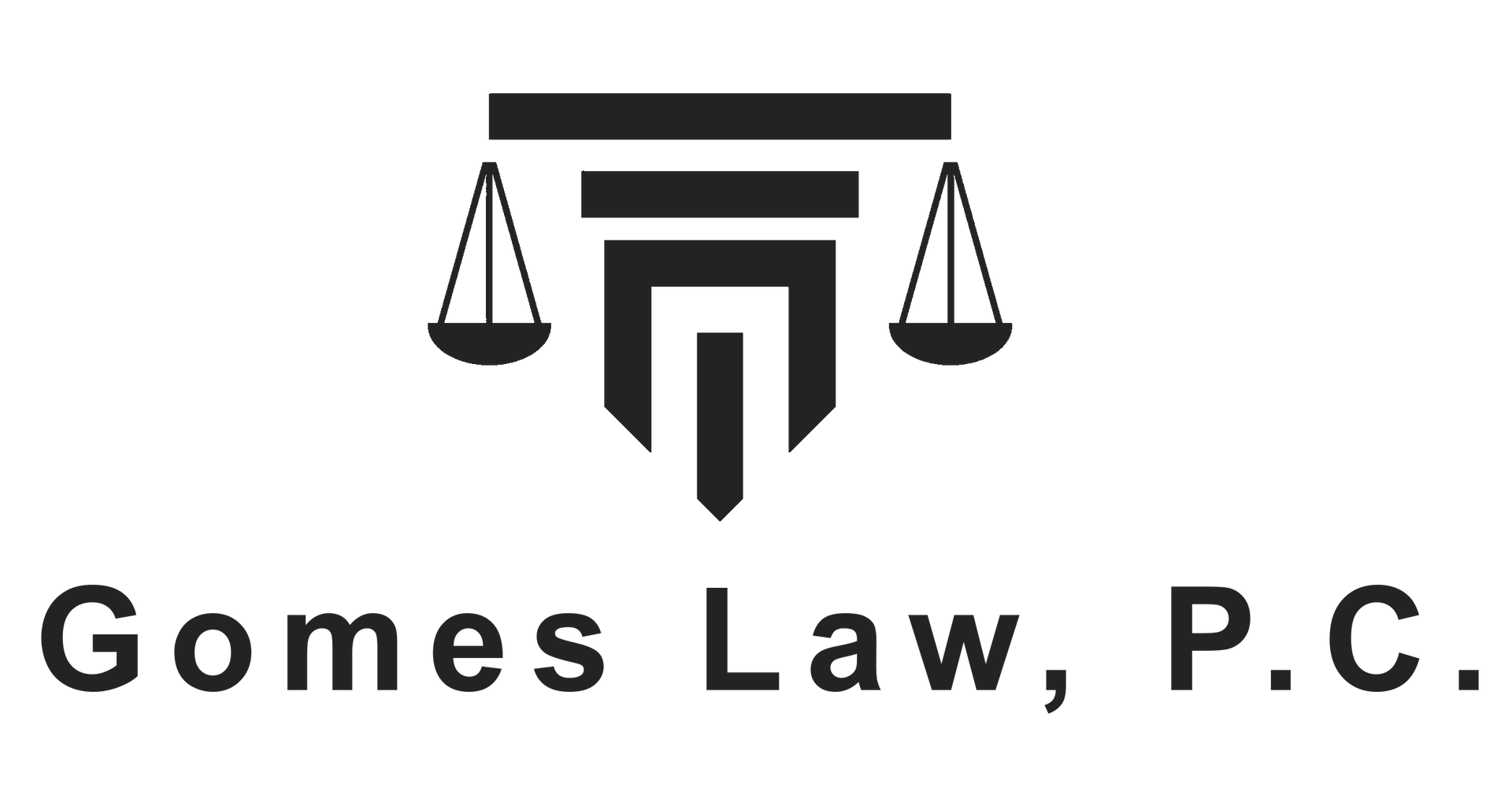When is Executive Session appropriate in Public Meetings?
The Massachusetts Open Meeting Law, found in G.L. c. 30A, was created to ensure the disclosure of public information to keep citizens informed on government action. The main theme behind the open meeting law is “TRANSPARENCY” of the government to allow for the natural checks and balance of the people. The law creates basic requirements upon which the government must provide: (1) notice of meetings which reasonably inform the public of the matters to be discussed and (2) access to the meetings by the public.
All meetings must be open to the public unless the discussion falls within a statutorily defined exception which allows for executive or closed session. The most important and highly contentious area of the Open Meeting Law regards executive session. The two requirements for executive session are (1) a proper
purpose and (2) a proper initiation.

To initiate an executive session the public body must first meet in open session and state openly the general purpose for which they will be entering into executive session. The public body must also state whether they will reconvene in open session once the executive session ends. Lastly, the public body must take a vote on whether they want to enter executive session. Executive session is not a free reign and should not be used as a cloak to discuss improper subjects. The public body must keep accurate records and only discuss matters for which the purpose of the executive session was originally called for during open session.
The ten purposes for which a public body may meet in executive session under G.L. c. 30A § 21(a) include:
(1) To discuss the reputation, character, physical condition or mental health, rather than professional competence, of an individual, or to discuss the discipline or dismissal of, or complaints or charges brought against, a public officer, employee, staff member or individual. The individual to be discussed in such executive session shall be notified in writing by the public body at least 48 hours prior to the proposed executive session; provided, however, that notification may be waived upon written agreement of the parties. The individual has the opportunity to require the session be held open if they choose. If the individual chooses an executive session then they have the right to be present at the session, to have counsel or an agent in attendance for the purpose of advising the individual, to speak on his or her own behalf, and to cause an independent record to be created.
2. To conduct strategy sessions in preparation for negotiations with nonunion personnel or to conduct collective bargaining sessions or contract negotiations with nonunion personnel;
3. To discuss strategy with respect to collective bargaining or litigation if an open meeting may have a detrimental effect on the bargaining or litigating position of the public body and the chair so declares;
4. To discuss the deployment of security personnel or devices, or strategies with respect thereto;
5. To investigate charges of criminal misconduct or to consider the filing of criminal complaints;
6. To consider the purchase, exchange, lease or value of real property if the chair declares that an open meeting may have a detrimental effect on the negotiating position of the public body;
7. To comply with, or act under the authority of, any general or special law or federal grant-in-aid requirements;
8. To consider or interview applicants for employment or appointment by a preliminary screening committee if the chair declares that an open meeting will have a detrimental effect in obtaining qualified applicants; provided, however, that this clause shall not apply to any meeting, including meetings of a preliminary screening committee, to consider and interview applicants who have passed a prior preliminary screening;
9. To meet or confer with a mediator, as defined in section 23C of chapter 233, with respect to any litigation or decision on any public business within its jurisdiction involving another party, group or entity, provided that:
(i) any decision to participate in mediation shall be made in an open session and the parties, issues involved and purpose of the mediation shall be disclosed; and
(ii) no action shall be taken by any public body with respect to those issues which are the subject of the mediation without deliberation and approval for such action at an open session; or
10. to discuss trade secrets or confidential, competitively-sensitive or other proprietary information provided in the course of activities conducted by a governmental body as an energy supplier under a license granted by the department of public utilities pursuant to section 1F of chapter 164, in the course of activities conducted as a municipal aggregator under section 134 of said chapter 164 or in the course of activities conducted by a cooperative consisting of governmental entities organized pursuant to section 136 of said chapter 164, when such governmental body, municipal aggregator or cooperative determines that such disclosure will adversely affect its ability to conduct business in relation to other entities making, selling or distributing electric power and energy.

